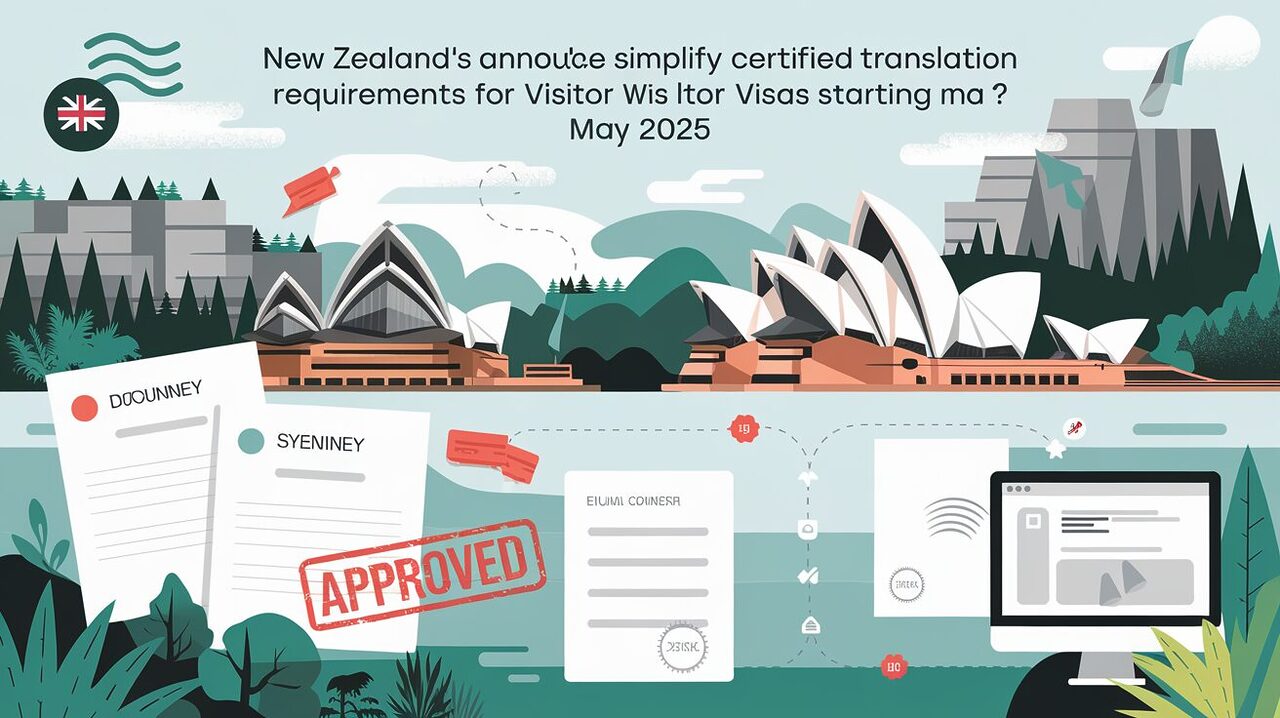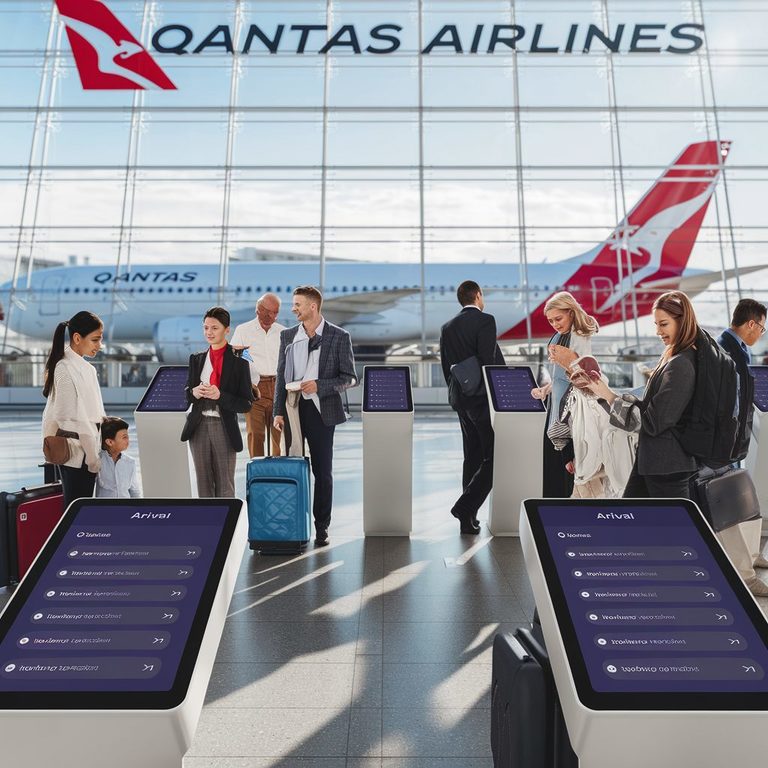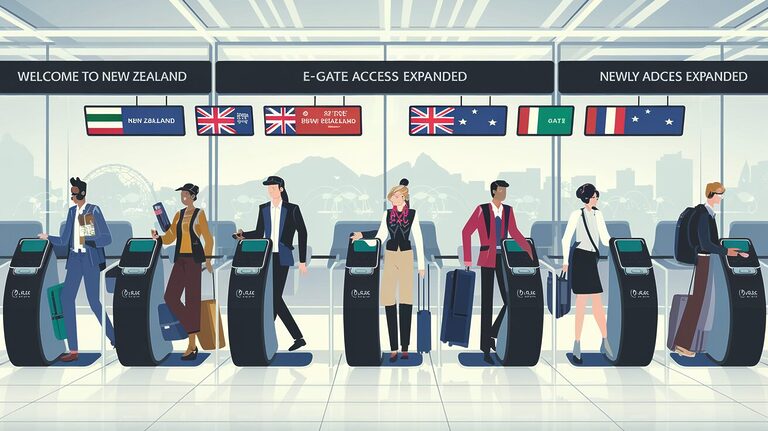New Zealand is set to enhance the visitor visa application process by simplifying its requirements for document translations, effective May 26, 2025. In a significant shift, applicants will no longer need certified translations for non-English documents, aligning the country more closely with Australia’s flexible policies. This change aims to streamline the application process, making it faster, cheaper, and less complex for international travelers.
In a significant update for international travelers, Immigration New Zealand (INZ) is set to implement changes regarding the certified translation requirements for visitor visa applications, effective from May 26, 2025. This forthcoming adjustment aims to streamline the visa process by removing the necessity for certified translations of non-English documents, thereby enhancing accessibility for applicants worldwide.
Concrete Changes to the Requirements
As of the deadline, while applicants will still be required to provide translations of their non-English documents for visitor visa applications, the course of action has shifted considerably. The official requirement for certified translations will no longer be in effect, aligning New Zealand’s policy more closely with that of Australia. This transition is designed to make the application process faster, more affordable, and less complex for travelers.
Key Points to Remember
Despite the removal of certified translation requirements, certain stipulations will still apply to ensure the validity of translations submitted. Applicants must ensure that translations encompass the following:
- The translator’s name
- The translator’s qualifications or experience
- A declaration confirming that the translator is neither the applicant, a family member, nor an immigration consultant
Comparison Table: Before and After
For clarity, here is a comparison of the translation requirements before and after the new regulations take effect:
| Requirement | Before May 26, 2025 | From May 26, 2025 |
|---|---|---|
| Certified translation required | Yes | No |
| Who can translate? | Certified translator | All qualified translators |
| Proof to be provided | Certification | Name, qualifications, and declaration |
Benefits of the New Rule
This regulatory change comes with several advantages for applicants, particularly those applying for long-stay visitor visas. By alleviating the need for certified translations, applicants can experience:
- Lower costs: The removal of certified translations eliminates a significant expense for applicants.
- Accelerated procedures: The elimination of certification-related delays will lead to a swifter processing time.
- Equal access: Applicants from nations where certified translation services are limited or exorbitantly priced will no longer face disadvantages in their applications.
Who Will Benefit?
The modifications are expected to significantly benefit various categories of applicants, including:
- First-time visitors looking to experience the wonders of New Zealand.
- Students participating in short-term educational programs.
- Frequent travelers moving between Australia and New Zealand.
- Families visiting loved ones in New Zealand.
- Nationals from non-English-speaking countries.
Planning Your Trip to New Zealand
The impending changes simplify the planning process for trips to New Zealand. Travelers can look forward to exploring the nation’s breathtaking landscapes, national parks, and rich Maori culture, with these new measures making the destination even more inviting and accessible.
- Change Effective Date: May 26, 2025
- Certified Translations: Not required for visitor visas
- Translation Requirement: Non-English documents still need to be translated
- Translator Information: Must include translator’s name
- Qualifications: Translator’s qualifications or experience needed
- Declaration: Confirmation that translator is not the applicant, family member, or immigration consultant
- Reduction in Costs: Savings on certified translation services
- Faster Process: Elimination of certification delays
- Accessibility: Benefits non-English speaking applicants
- Target Audience: First-time visitors, students, frequent travelers between Australia and New Zealand, and families visiting loved ones
New Zealand is set to simplify its requirements for certified translations regarding visitor visas starting May 26, 2025. Under the new regulations, while translations for non-English documents will remain mandatory, official certification will no longer be necessary. This change aligns New Zealand’s policies with those of Australia, aiming to create a more flexible, faster, and cost-effective application process. Key points include the need for the translator’s name, qualifications, and a declaration of independence from the applicant. This measure particularly benefits travelers from non-English-speaking countries and those applying for long-stay visitor visas.

Hello! I’m Elisa, a 45-year-old travel companion with a passion for exploring new places and cultures. With years of travel experience under my belt, I thrive on creating memorable journeys for my clients. Let’s embark on an adventure together!




